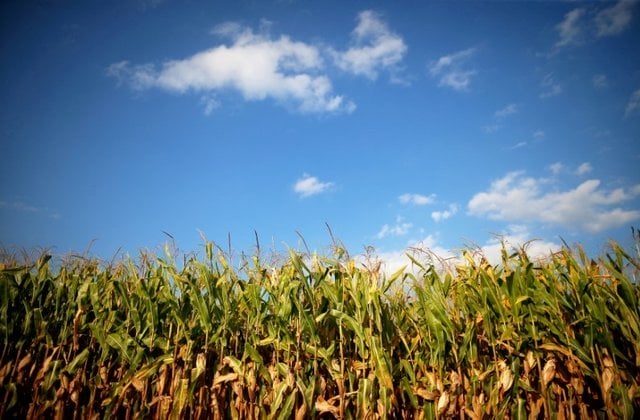
In an interview with APP on Saturday, he said that the initiative would also ensure provision of cost effective edible products to the common man in the country.
“The initiative is also aimed at reducing poverty in the rural areas of the country by enhancing farm income through value addition in agricultural products that are being produced in these areas, and create maximum employment opportunities to overcome rapid urbanisation issues,” he said.
He added that his organisation, in collaboration with the private sector, embarked upon a holistic plan to transform conventional agriculture into value added agriculture to reduce the import bill of food items in the country.
Terming it a major cause for the deepening trade deficit, he added that at present, the import of food items consumes around $1.5-2 billion of the country’s foreign exchange reserves annually.
“The other objective of the initiative is to encourage a massive chunk of educated and semi-skilled youth to work in the agriculture sector by providing them with basic training and facilities for value addition in this segment to start their own business,” he added.
All the modalities of branding and labelling have been finalised, he disclosed, adding that in this regard, an ISO certified laboratory was being establishing at the National Agriculture Research Center (NARC), which would help produce food items of international standards.
He further highlighted that PARC had already introduced 30 brands of local food products including olive oil, honey, rice, wheat flour, tea, spices and yogurt which were cost effective compared to the open market.
“Fish and yogurt processing plants have also been established at Narc,” he said. “The centre is also providing training to interested entrepreneurs for establishing their own business and installing plants to produce these things and sell them in the open market.”
In order to promote agriculture and livestock sectors in rural areas of the country, he added that PARC had also established four new research stations in different ecologies, which would start functioning by the end of this year.
“They will help promote the agriculture and livestock sectors in the far flung areas of the country,” Dr Azeem said. “The government is focusing on enhancing productivity of major crops and will spend Rs395 billion on 13 different agriculture sector development projects that will be completed in collaboration with provincial governments.”
These research stations are established in Balochistan, K-P, Federally Administrated Tribal Areas and Gilgit-Baltistan to provide innovative agriculture solution and livestock farming to alleviate poverty from these areas.
The research stations established at Zhob, Wana, Waziristan and Khuzdar would help tap the existing potential of agriculture of these areas and bringing higher amount of area under crop production.
The chairman said that about 100,000 hectares of land would be brought under olive cultivation by 2023, adding that 4 million hectares was already identified for the crop.
Published in The Express Tribune, January 5th, 2020.
Like Business on Facebook, follow @TribuneBiz on Twitter to stay informed and join in the conversation.















1736844405-0/Express-Tribune-(2)1736844405-0-270x192.webp)







COMMENTS
Comments are moderated and generally will be posted if they are on-topic and not abusive.
For more information, please see our Comments FAQ